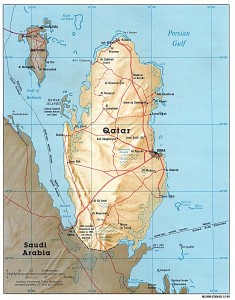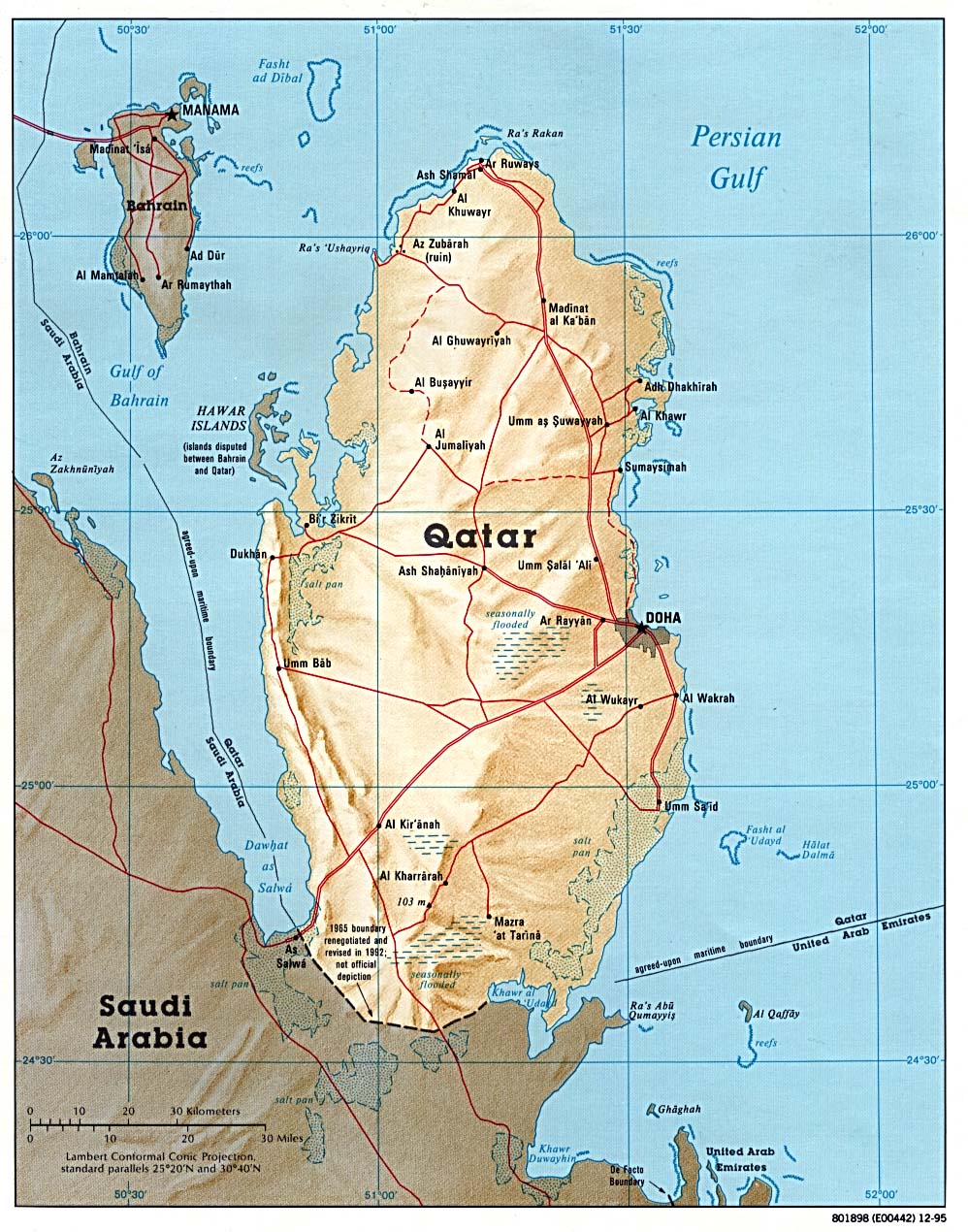 The Cairo Institute for Human Rights Studies (CIHRS) welcomes the recent visit of the UN Special Rapporteur on the independence of judges and lawyers to Qatar, which took place from January 19-26, 2014. This marked the first visit by a UN Rapporteur to examine the state of the independence of the judiciary in Qatar.
The Cairo Institute for Human Rights Studies (CIHRS) welcomes the recent visit of the UN Special Rapporteur on the independence of judges and lawyers to Qatar, which took place from January 19-26, 2014. This marked the first visit by a UN Rapporteur to examine the state of the independence of the judiciary in Qatar.
Following meetings with government officials and other actors, the Special Rapporteur expressed concern that the Qatari executive continues to interfere in the workings of the judiciary and urged Qatar to undertake the reforms needed to address the shortcomings of its judicial system. In concluding her visit, the Special Rapporteur stated, “Violations of due process and fair trial guarantees in the country, and the consequences that such violations often have on individuals’ lives and respect for their human rights, were troubling.” The Special Rapporteur will present the full findings of her visit to Qatar in a report to the UN Human Rights Council in 2015.
CIHRS is similarly alarmed that the Qatari judicial system has a history of rubber stamping the repression and rights violations of the Qatari government. In one prominent instance, a Qatari court sentenced poet Mohamed Ibn ad-Deeb al-Ajami to life in prison in late 2012 (later reduced to 15 years) based on charges of calling for a revolution in Qatar and insulting the royal family. Mohamed had been detained since November 2011 after he had written and recited poetry critical of Qatar’s rulers and expressing support for the revolution in Tunisia. Rights groups[1] asserted that the trial was marked by numerous irregularities, and the court’s decision made no reference to any law that Mohamed may have broken.
The case of Mohamed Ibn ad-Deeb is not unique. In recent years, Qatar has witnessed multiple cases in which individuals have faced imprisonment following trials which fail to respect basic due process guarantees, particularly in cases of blasphemy or insulting the authorities, which themselves are charges which fundamentally contradict human rights principles. It is also suspected that activists and other individuals have been arbitrarily detained without charge or trial, and torture and other forms of ill-treatment[2] in detention have been reported.
The lack of an independent judiciary has severely undermined any hope for the country’s hundreds of thousands of migrant workers to have recourse to justice or to seek accountability for violations committed against them. Migrant workers in Qatar regularly face inhumane living and working conditions resulting in high death rates.
Qatar has faced intense criticism[3] for the extremely high levels of forced labor and human trafficking in the country. Despite this, virtually no judicial or other
governmental checks have been put in place to curb such practices. “The situation in Qatar resembles a form of modern-day, state-sanctioned slavery,” said Ziad Abdel Tawab, deputy director of CIHRS.
CIHRS is deeply alarmed by the draconian restrictions imposed on the freedoms of assembly and association in Qatar, where protests and political parties are completely banned – an extreme form of totalitarian repression that is rare even in the most oppressive countries in the world. All other forms of associations in Qatar must be registered with the government and are then closely monitored by the state’s security agency. Although the Qatari constitution provides for the right to freedom of association, in practice government bans on any form of dissent have led to a distinct absence of human rights groups and unions. This lack of independent civil society organizations and opposition political parties renders it all but impossible to monitor and report on human rights violations in the country, including breaches of judicial independence and violations of the right to a fair trial.
Not only is Qatar a consistent violator of the human rights of citizens and migrants, it is also one of the very few countries in the world which have not signed onto key human rights treaties such as the International Covenant on Civil and Political Rights and the International Covenant on Economic, Social, and Cultural Rights. According to Mr. Tawab, “It is shocking that a United Nations member state in the 21st century can continue to refuse to sign onto many of the primary treaties that form the basis for international human rights law and establish fundamental human rights such as the rights to freedom of expression, association, and assembly and to a fair trial.”
[1] See report of the Arabic Network for Human Rights Information on the subject, available at: www.anhri.net/en/?p=11455
[2] See the chapter on Qatar in Amnesty International’s 2013 Annual Report, available at: http://www.amnesty.org/en/region/qatar/report-2013
[3] See statements by the UN Special Rapporteur on the human rights of migrants, available at:
http://www.ohchr.org/EN/NewsEvents/Pages/DisplayNews.aspx?NewsID=13974&LangID=E
http://www.ohchr.org/EN/NewsEvents/Pages/DisplayNews.aspx?NewsID=13980&LangID=E.
Share this Post

